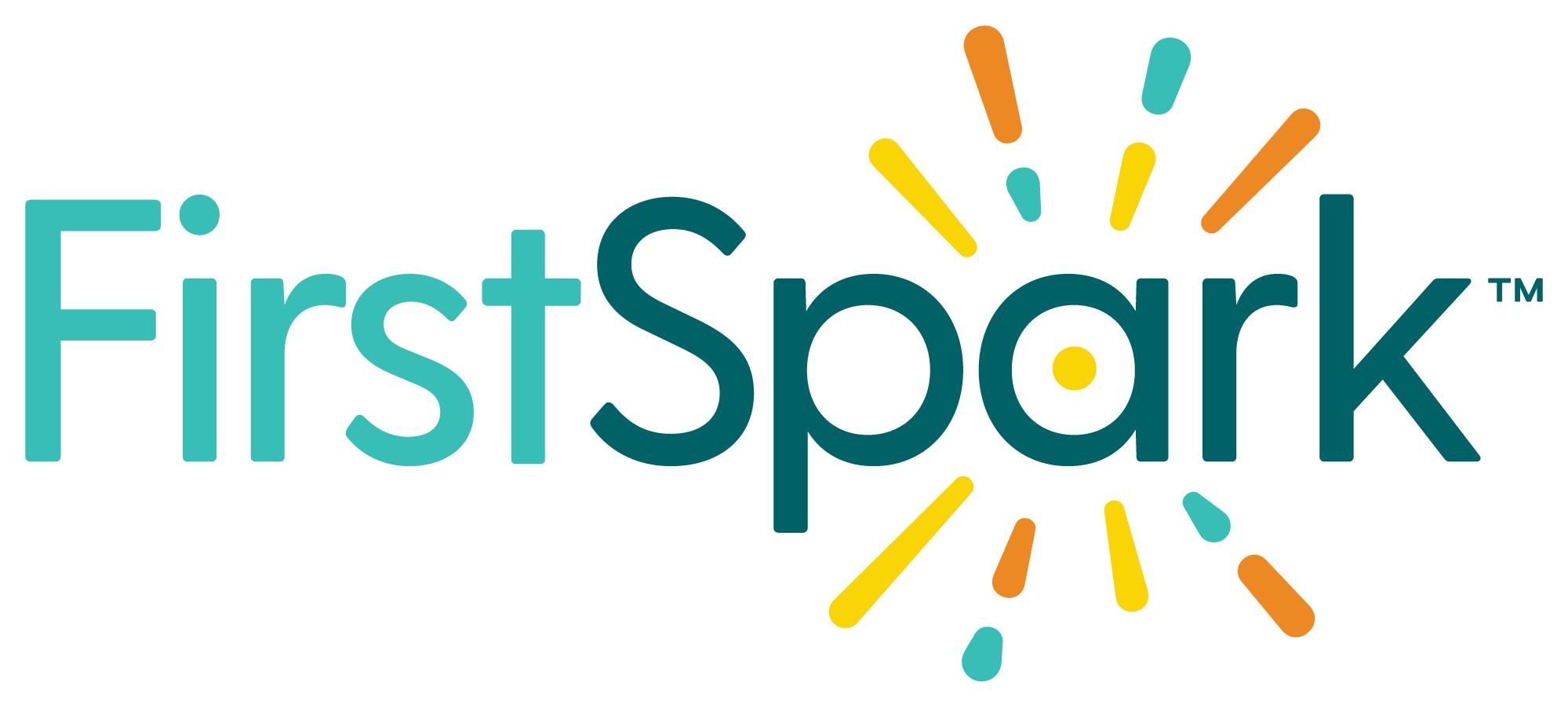The future starts today.
They call a child’s first years the wonder years, and it’s no wonder. It’s a time of discovery where children are learning new things by the hour, forming the building blocks upon which their tomorrow is built.
FirstSpark has been supporting, educating, guiding and advocating for families and educators since 2005.
With programs that support the health and development of children, prenatal to age five, we ensure thousands receive the foundation they need to reach their full potential.
Because when a child falls through the cracks, it impacts us all.
Why Your Support Matters
Our Challenge: The investment doesn’t meet the need.
While people intuitively know the importance of a child’s earliest years, our societal investments in the social, emotional, and cognitive growth of children under five do not meet these needs.
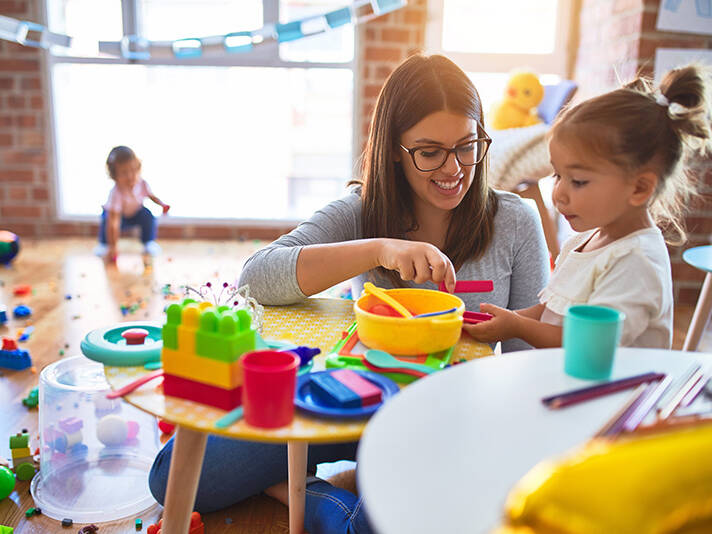

Our Heroes are Carrying the Responsibility of Early Childhood
Families and educators work, day in, day out, to get each child under five what they need to succeed. But without support, resources, and guidance, disparity is rampant and many children fall through the cracks. This is a struggle for every family and educator, but is heightened for those with the most need:
- Low-income families
- Young families
- New families
- Educators that lack access to financial, educational, and supportive resources
The Search for Child Care
For many parents, quality child care can be hard to find – and even harder to afford, sometimes paying as much or at times even more than their mortgage or rent on child care. But they have no choice, as they need the care in order to work.
It’s also not just a quandary for low-income families. A working, middle class family with two young children who cannot afford to have a parent stay at home will spend on average 29% of their income on child care.
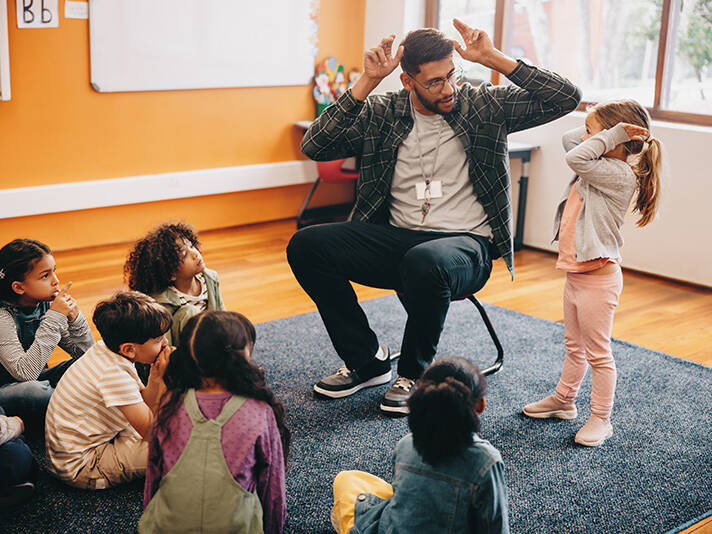
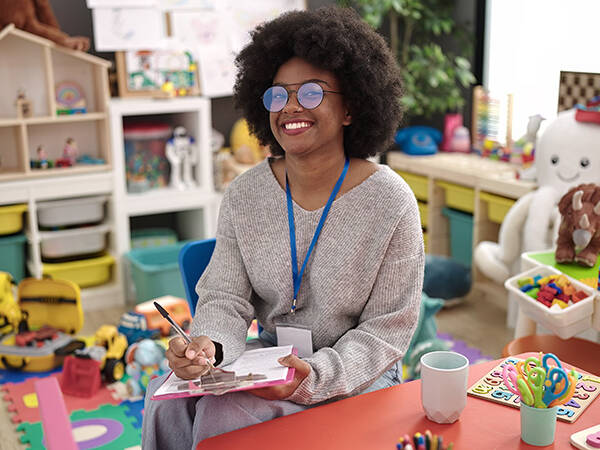
Quality Educators = Quality Education
Early childhood experiences must be of high quality in order to achieve the most positive learning outcomes. One of the biggest factors affecting preschool quality is teacher quality. But child care workers and preschool teachers are often underpaid and are given little opportunity or incentive to advance their education. These factors can have an adverse effect on the quality of care for children.
If more money were invested in early childhood education, the field would attract — and retain — the kind of educators our children need to succeed.
An expectant mom doesn’t feel alone during pregnancy or in her search for quality child care she can afford.
A new dad feels empowered with tools and support in the earliest days to build a strong foundation at home.
A Preschool educator has more access to continuing education and new ways to engage young learners.
A Kindergarten educator is better equipped to nurture mental, emotional and physical well-being.
Evidence-Based Research
Key early childhood research studies demonstrate that high-quality care and education from birth through age 5 results in higher IQ scores, higher school graduation rates and lower crime rates. Young children with high-quality experiences have also been shown to have better vocabulary, language, math and social skills, more positive relationships with classmates, and higher scores on school-readiness assessments.
Puzzling it Out: The Current State of Scientific Knowledge on Pre-Kindergarten Effects lists the six consensus statements of a task force comprised of social scientists from Brookings and Duke University.
Among the findings:
- Children who attend preschool programs are better prepared for kindergarten than children who don’t.
- While all children benefit from preschool, poor and disadvantaged children often make the most gains.
- Some studies show the academic and social benefits of preschool continue throughout school and into adulthood.
The HighScope Perry Preschool Study, a randomized control trial, showed the long-term benefits of high-quality preschool for children from disadvantaged backgrounds, including higher graduation rates, fewer teen pregnancies, higher median income, less dependence on government services and more.
Landmark studies of the Chicago Child-Parent Center Program, an established early childhood intervention for low-income children in public schools, have shown better long-term educational and social outcomes – higher rate of high school completion, more years of education completed, and lower rates of juvenile arrest, violent arrest and school dropout.
The Abecedarian Project, another groundbreaking research study, demonstrated the positive, long-term effects of high-quality early care and education, including being four times more likely to graduate from college.
You can also learn more about brain architecture and how early experiences affect brain development from Harvard University’s Center on the Developing Child.
A September 2023 report from Vanderbilt University’s Prenatal-to-3 Policy Impact report, which found that Virginia’s additional $309M in child care investments in FY 2023 alone using temporary federal funds will yield $397.8M in economic benefit from increased high school graduation. Over their life course, the 11,151 children under age 5 who received high-quality early education services as a result of the additional FY 2023 investments are expected to be more likely to graduate college and have higher income as adults.
Standing Shoulder to Shoulder for the Future of Every Child Under Five
FirstSpark stands shoulder to shoulder with families and educators throughout the Upper, Middle and Lower Peninsulas and the Northern Neck to ensure every child under five grows up with the foundation they need to realize their full potential.
Ready to Make a Spark?
Help us ensure every child in our area gets the best possible start. Your donation means…

An expectant mom doesn’t feel alone during pregnancy or in her search for quality child care.

A new dad feels empowered with tools and support in the earliest days to build a strong foundation at home.
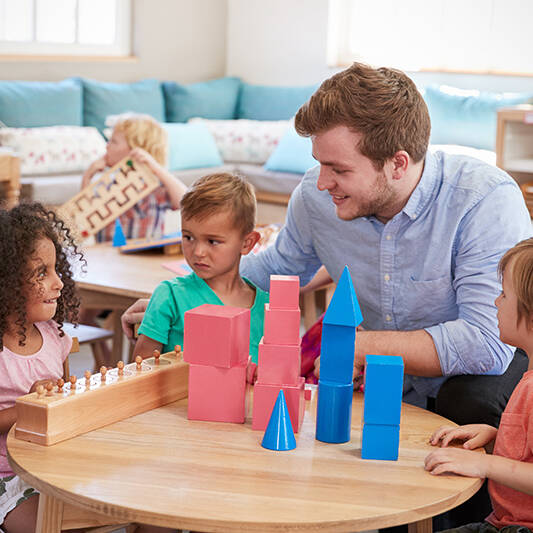
An Early Childhood Educator has more access to continuing education and new ways to engage young learners.
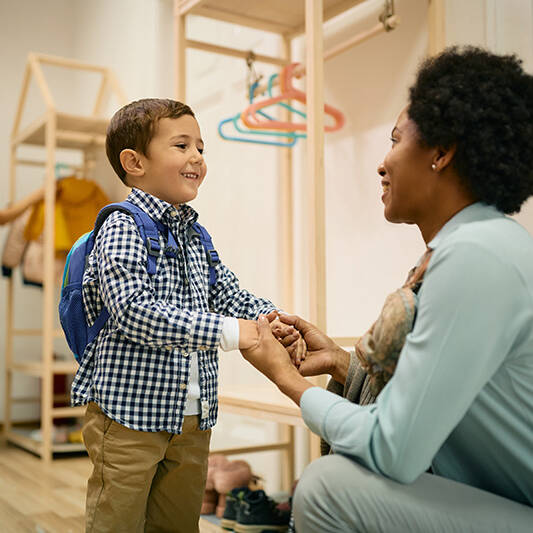
All children have the key cognitive, emotional, and physical skills needed to enter kindergarten ready to learn.
